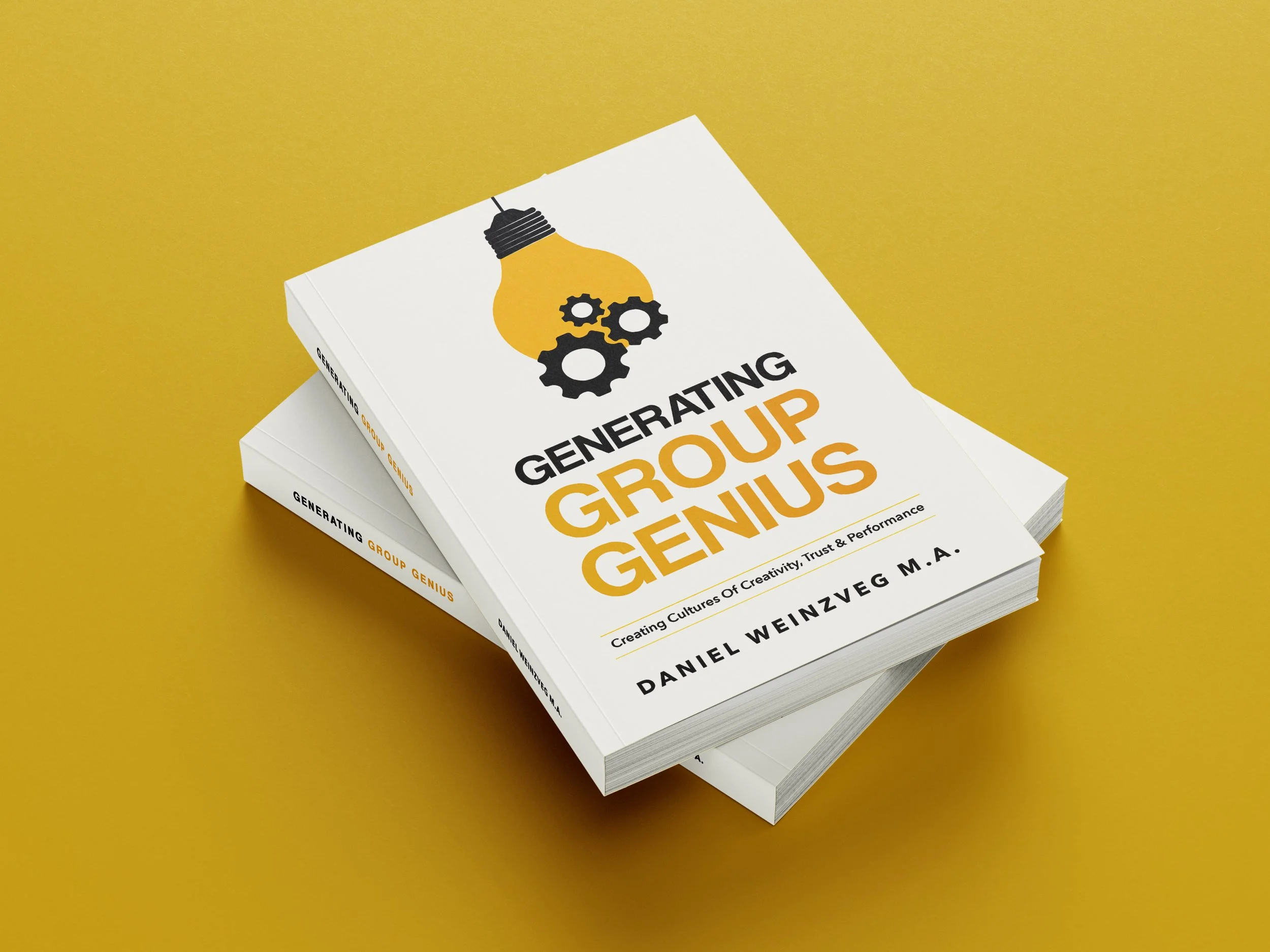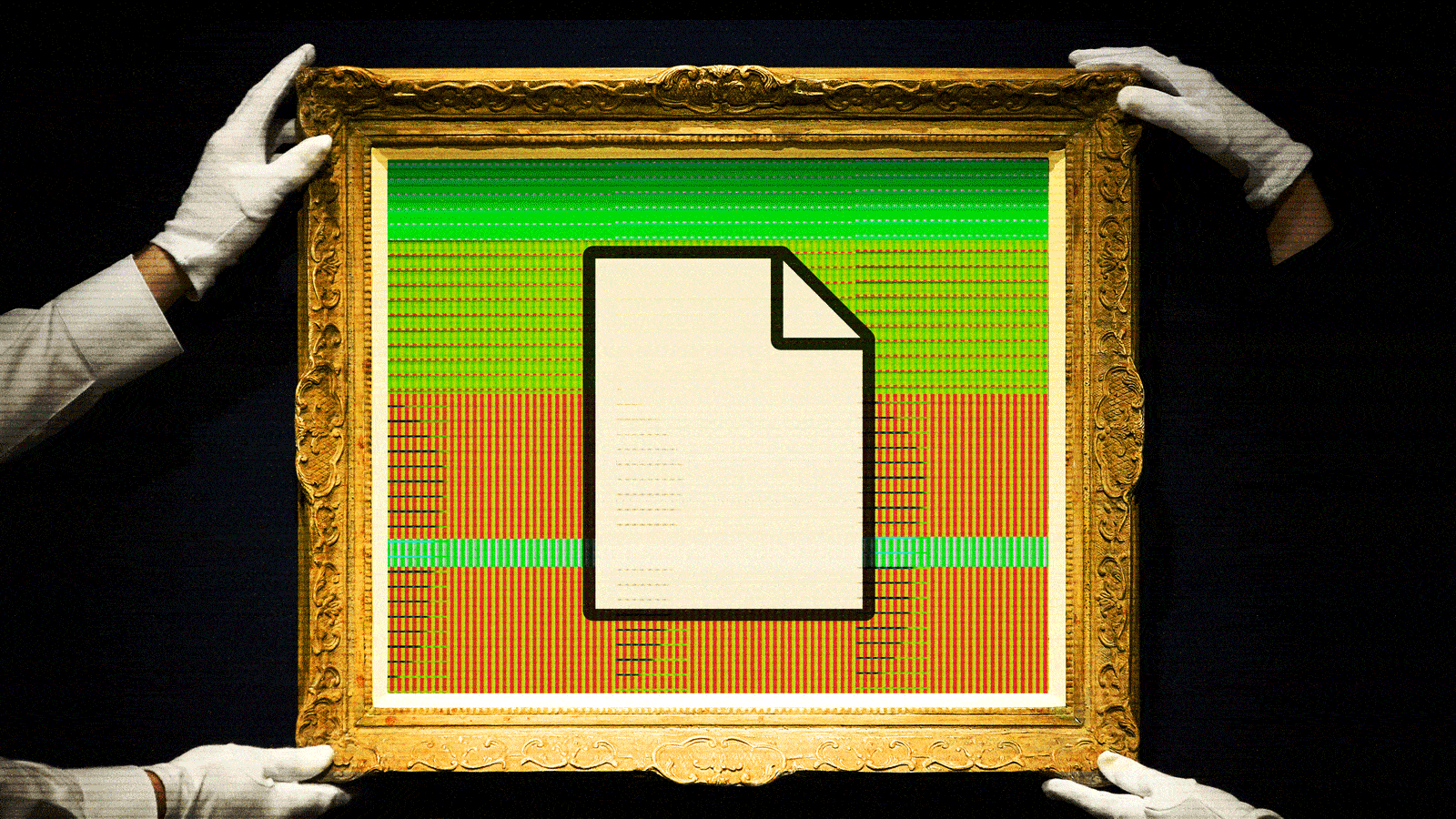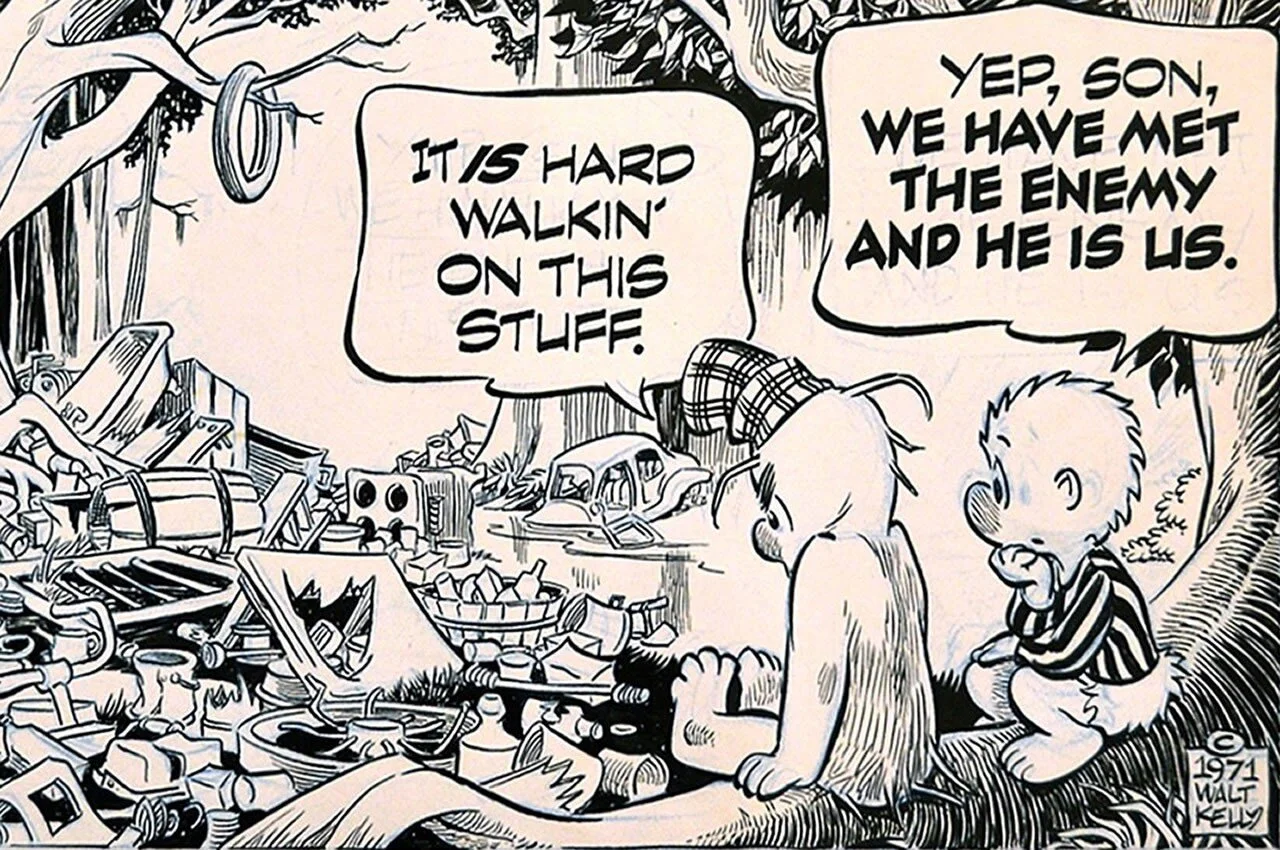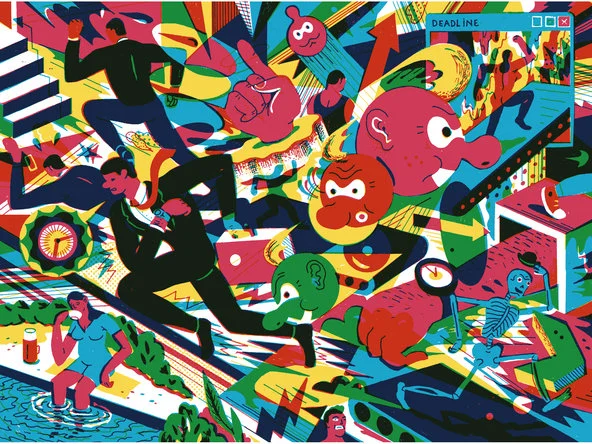As the fog of the pandemic lifts, we are being called to make faster strides in more strained settings while the environments we operate in are evolving at breakneck speeds. My book focuses on supporting leaders at organizations working on some of our most pressing issues (e.g. environment, education, economy) in designing experiences that generate group genius and deep engagement among their teams. The objective of publishing this book is to share my learnings on how mission driven organization go about creating inclusive, creative and productive cultures.
Read MoreNFT is a shorthand for “Non fungible token.” Fungibility is what enables currencies to be transacted with ease. I can give you $3 and you accept it in exchange for a cup of coffee. This example shows how dollars are fungible. Fungibility is a central characteristic of a currency. And, many things have value that are not currencies.
Unlike currencies, Non-fungible tokens contain unique data that make each NFT non-interchangeable with another NFT. For example, let's look at a house. No two houses are the same: they have different layouts, sizes, exteriors, updates, etc. Even if two homes are identical in build, they sit on different ground. In the same way, no two NFTs are the same, even ones that are in a series because each one is individually and uniquely identified. The non-fungible nature of these unique tokens means they can be used in ways the currencies we’ve come to love cannot be used.
Read MoreIn times of rapid change, organizational learning and development support must look different. In such dynamic environments, static training, “best-practice” interventions, and “expert” advising are not moving the needle - neither individually nor organizationally.
Read More“They” can’t be all wrong. “We” can’t be all right. If history tells us anything, it is that humans are terrible prognosticators and deciders. Thus, it is highly likely that the beliefs we hold dear; the strategies we cling to; the futures we see, etc., are at least 50% wrong - on a good day.What if you are part of the problem? What if those you are battling are part of the solution?
Read MoreOur species is amazingly resilient. Our planet is a self-healing organism. We will get through this current crisis. In the meantime, we have important work to do - and we would be remiss to not take advantage of this Great Pause to lean into the important conversations about how we want the next 100 years to look, instead of figuring out how to restart the dysfunctional and disenfranchising “normal” of yesterday.
Read MoreNow that most of us are bound by our patriotic duty to work remotely, and meet virtually, it’s time to create some effective virtual habits when it comes to the safer, more sanitized version of “in-person" meetings: video calls.
Read MoreWhile financials are an integral component of managing an organization, they only tell part of the story. The good and bad debt visible on financial statements enable organizations to better allocate and manage their financial resources. Here’s the rub: the most important resources organizations have cannot be adequately understood, allocated or addressed by viewing financial statements.
Read MoreModeling behavior is one of the most powerful forces for change, not pontificating. If we want the world to bend to our values, we would all be wise to let our values inform our actions and our processes, not our talking points.
Read MoreIf we are too damn busy, we will never build the great things we are efforting to bring about.
Read MoreAs a student of history who has been fascinated by social movements and cultural change, I can not help but look at this current moment in time and be proud and excited. Over the last 50 years, our species has made incredible advances on almost every front, yet in the 24-hour news cycle and click-bait culture we live in, we are constantly reminded of how far we have to go. But I firmly believe in the science and power of positive psychology - focusing on what works and doing more of that - so I am taking a moment to celebrate how far we have come.
Read MoreThe pace of modern life is accelerating. With every new widget, app, SaaS that is implemented, our productivity is increased, as is our expected output. As I parachute into various organizations and business settings, I am struck with the amount of pressure and stressors that the modern workforce is bearing. Whether the economy is booming or dooming, workers are pushed to produce more and more, while the hours in the day remain the same.
Read MoreThe Notorious B.I.G. famously rapped these line - “Mo’ money, mo’ problems.” And in this economy with the increased cost of living, this statement seems to be proven false. Or has it? In the context of the housing crisis sweeping across California, and beyond, the data shows that Biggie’s words are spot on.
There are many different ways to make decisions. When our decision-making processes lack integrity, so do the results. If the decision-making process forces people to support a decision they do not really support, then the resulting decision, while appearing to have buy-in, lacks the level of buy-in needed to move the decision from theory to practice.
Read MoreMost of us dedicate our professional lives to solving problems; big problems and the myriad of small ones between here and our audacious goals. Clients often ask me, “How can we engage our Gen X’ers/Millenials/Gen Z’ers?” or, “How can do we increase stakeholder engagement?” While each generation and group of stakeholders surely has its unique attributes, how to engage them is similar: ask them, involve them and bring them into the process of designing the work, the job, the vision, and the solution.
Read MoreMany of our systems reward short-term wins at the expense of long-term solutions. To solve our challenges, we need to take the time to think deeply, critically and honestly about the systems we hope to change.
Read MoreThe influence that our current legal and regulatory structures exert far outsizes the scope of what we rely on them to support, according to Vinay Gupta, founder of multiple organizations working to create a more equitable, enforceable and localized legal structure that better addresses the realities of our lives in the 21st Century. I recently sat down with Vinay to discuss this and more.
Read MoreLike English textile merchants, pharmaceutical executives and elected officials, the path of self-interest can provide short-term success, but the externalities of this self-focused perspective is not a recipe for sustained success. To achieve long-term sustainable transactions, be it financial, legislative, relational, or other, they must be friction free, not friction full. The fewer barriers we have between points A and B and C, the more A-Z benefit.
Read MoreThe largest taxi services no longer own any taxis or employ any full-time drivers. The largest hotel network owns no properties and has not seen most the rooms customers sleep in. One of the largest shoe companies makes no shoes, nor has any bosses. As my favorite poet says, “The times, they are a-changin'!”
There is a radical shift taking place in our global economy that is the result of a conceptual shift in how societal structures can be better built for the fluid future we are hurtling towards. While there is lots of excitement as this shift takes place, this transition presents our global community with some big challenges, most notably...
Read MoreAs the third largest economy in the world, Japan seems to have beat the odds. Japan is a country with next to zero natural resources. It is devoid of oil fields, diamond mines, coal and other natural energy sources. And, it is immediately apparent from the ubiquitous shopping malls, high end fashion and pristine…everything, that Japan’s economy fairly strong. It is not immediately apparent why Japan, a nation that is so poor in natural resources is so rich, but after months of experiencing Japan, it hit me; Japan is rich in a resource that most other nations lack: Trust.
Read More




















